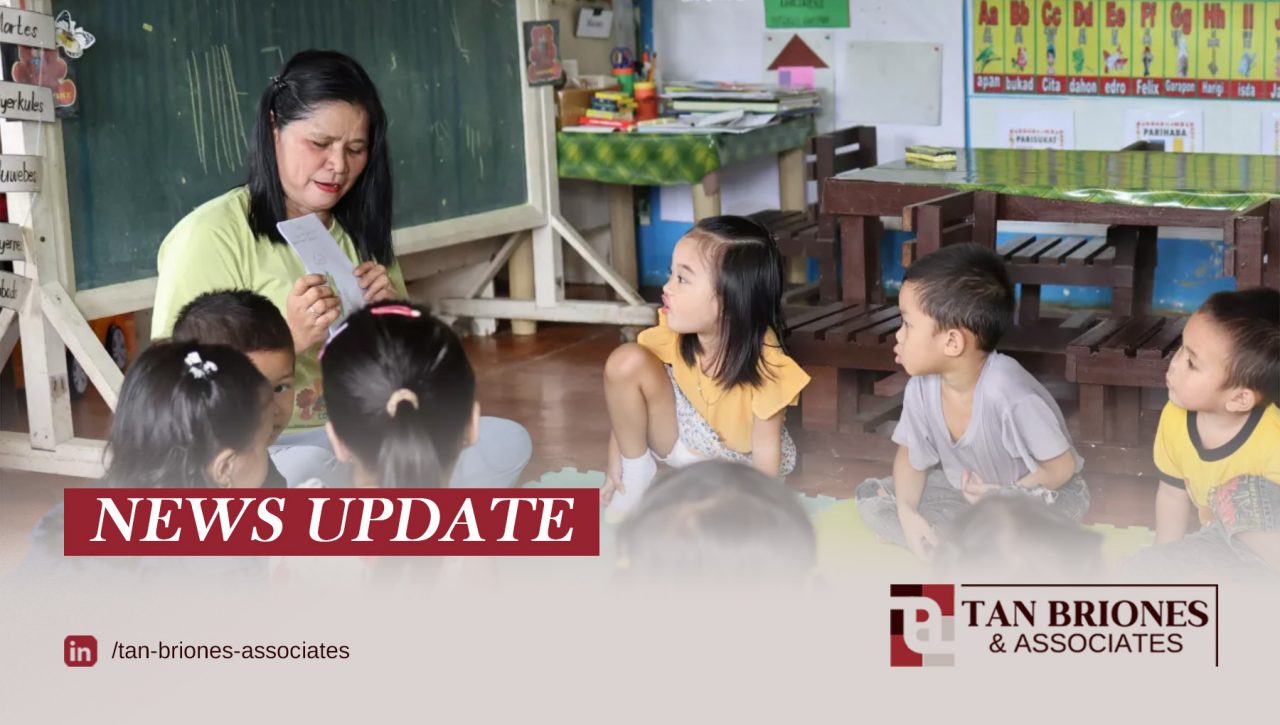
A new law aims to fix key education problems by requiring Local Government Units (LGUs) to expand early childhood development centers and professionalize child development workers to ensure all Filipino children receive quality early care and education.
President Ferdinand Marcos Jr. signed Republic Act No. 12199, or the Early Childhood Care and Development (ECCD) System Act, which revises and expands the Early Years Act of 2013 to improve access to quality education, health, and nutrition for children from birth to age eight, especially those from disadvantaged communities.
Under RA 12199, LGUs are mandated to create ECCD offices, establish child development centers (CDCs), and hire qualified child development teachers (CDTs) and child development workers (CDWs), with allocations sourced from the Local Government Support Fund.
It also professionalizes child development teachers and workers by establishing minimum qualifications, mandatory training and certification, and enhanced salary grades to tackle job insecurity and low wages.
The implementation of the law is split between agencies, with the ECCD Council, now under the Department of the Interior and Local Government (DILG), overseeing care for children aged 0–4, while the Department of Education (DepEd) handles education for those aged 5–8.
To support capacity building, the ECCD Council will collaborate with the Commission on Higher Education (CHED) and the Technical Education and Skills Development Authority (TESDA) to provide scholarships and training for ECCD workers.
The law also stresses inclusive care by ensuring children with disabilities receive appropriate support, accessible facilities, and necessary accommodations.
To ensure effective implementation, a Joint Congressional Oversight Committee will monitor the law, while ECCD indicators will be integrated into the DILG’s Seal of Good Local Governance to track local compliance in health, education, and social protection.
Meanwhile, EDCOM 2 hailed the law as a key reform against learning poverty, citing its mandate for LGUs to expand early learning facilities and staff to address research showing only 36% of barangays have child development centers despite a 1990 law.
“Studies are clear: by investing in the foundations of our children early on, we reduce dropout rates, improve student achievement, boost literacy rates and increase income in later years,” EDCOM 2 Executive Director Karol Mark Yee stressed.
The Implementing Rules and Regulations (IRR) of RA 12199 are expected within 90 days from the law’s effectivity, following consultations with relevant agencies and stakeholders.
Follow Tan Briones & Associates on LinkedIn for more legal updates and law-related articles.







